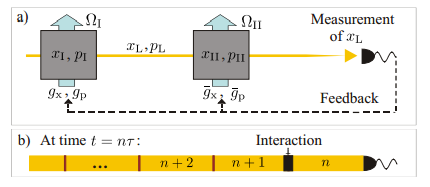- Why Toyota and GM Are Pushing Fuel-Cell Cars to Market
Falling costs are making fuel-cell vehicles look like a plausible alternative to conventional cars.
Hydrogen-powered vehicles have been out of the spotlight for years, but they’re about to make a surprising comeback. Toyota says it will unveil a hydrogen fuel-cell-powered sedan later this year that will go on sale in 2015; several other automakers, meanwhile, have announced partnerships to commercialize the technology (see “Ford, Daimler, and Nissan Commit to Fuel Cells”), including GM and Honda, which announced such a collaboration this week.
- How Military Counterinsurgency Software Is Being Adapted To Tackle Gang Violence in Mainland USA
Analysts believe that insurgents in Afghanistan form similar networks to street gangs in the US. So the software for analysing these networks abroad ought to work just as well at home, say military researchers

Digest powered by RSS Digest








